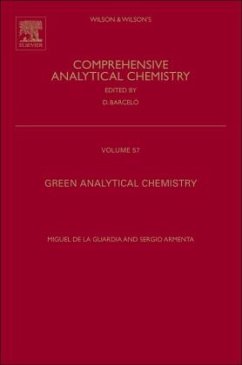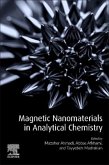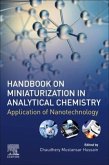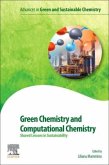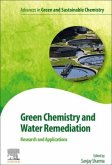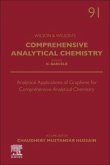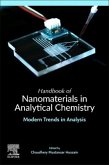This book provides basic coverage of the fundamentals and principles of green chemistry as it applies to chemical analysis. The main goal of Green Analytical Chemistry is to avoid or reduce the undesirable environmental side effects of chemical analysis, while preserving the classic analytical parameters of accuracy, sensitivity, selectivity, and precision. The authors review the main strategies for greening analytical methods, concentrating on minimizing sample preparation and handling, reducing solvent and reagent consumption, reducing energy consumption, minimizing of waste, operator safety and the economic savings that this approach offers.
Suggestions are made to educators and editors to standardize terminology in order to facilitate the identification of analytical studies on green alternatives in the literature because there is not a wide and generalized use of a common term that can group efforts to prevent waste, avoid the use of potentially toxic reagents or solvents and those involving the decontamination of wastes.
Suggestions are made to educators and editors to standardize terminology in order to facilitate the identification of analytical studies on green alternatives in the literature because there is not a wide and generalized use of a common term that can group efforts to prevent waste, avoid the use of potentially toxic reagents or solvents and those involving the decontamination of wastes.
"Green Analytical Chemistry reviews the main strategies for making analytical methods greener through minimizing sample preparation and handling, reduction of solvent and reagent consumption, reduction of energy consumption and minimization of waste, all aimed at avoiding or reducing the undesirable environmental side effects of chemical analysis, while preserving the accuracy, sensitivity, selectivity and precision of the analytical determination. Throughout the book the authors highlight the economic aspects of green analytical chemistry that offer opportunities for saving reagents and reducing energy consumption and waste management costs."--Analytical and Bioanalytical Chemistry
